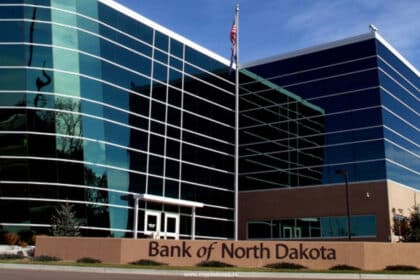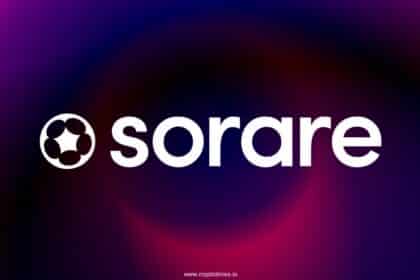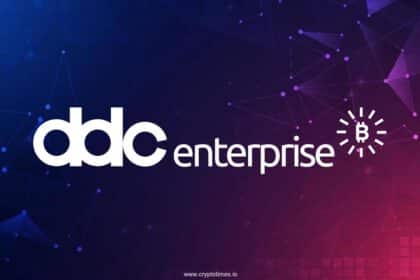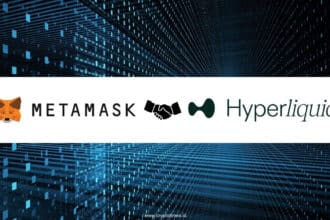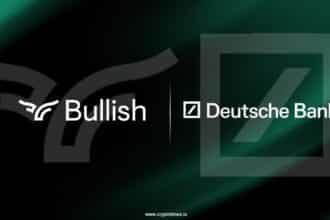The Securities and Exchange Commission (SEC) of the Philippines plans to launch a new trading system for debt instruments using distributed ledger technology (DLT) in April 2023. The proposal aims to draw the attention of securities firms to trade digital tokens while strengthening the SEC’s supervision in the digital era.
The SEC’s deputy secretary-general, Jomkwan Kongsakul, noted the increasing interest in digital token investments. So far, the SEC has approved four digital token projects, as well as two under review, with an emphasis on those considered “green” tokens and investment-based projects.
Soon after, five other organizations joined discussions with the SEC regarding fundraising to develop soft power tokens, especially in the green token sector.
According to local reports, the SEC is working to bring digital tokens into the capital markets, allowing securities firms to trade them and tap into their large investor bases.
“The SEC is leveraging technology to enhance efficiency in the capital market by promoting an electronic securities ecosystem,” said Kongsakul. She also mentioned that new regulations will soon be introduced to make it easier to issue electronic securities and enable online bond purchases.
At present, buying bonds in the primary market can take between 7 and 14 days before they’re eligible to be traded in the secondary market. On top of that, some bonds are expensive, illiquid, and difficult for investors to access. Kongsakul explained that by leveraging advanced technology, the whole process will be faster, more accurate, and much more efficient, eliminating common errors and delays.
The SEC’s plan includes digitizing the entire bond trading system, both in primary and secondary markets, to improve settlement, trading, investor registration, and return payments. Securities firms will be able to build their own DLT infrastructure but must ensure it meets a unified standard. For firms without their own infrastructure, the SEC’s public chain will be available at a reasonable cost.
“In the future, there may be multiple chains for trade. Trading through DLT on all systems is connected by a share ledger, which is expected to be completed soon,” Kongsakul said. This system will allow for two types of securities: those created as digital-native products using DLT (electronic securities) and traditional products converted into digital form for trading. The result will be fractional trading, lower prices, higher liquidity, real-time trading, and fewer settlement issues.



